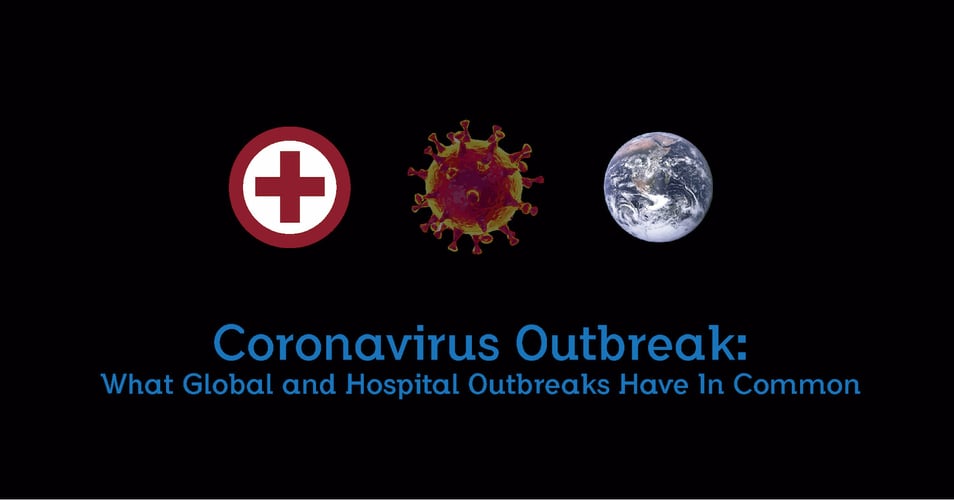Reports of the spread of the novel coronavirus from China show a continued spread of the illness. The many news articles available cover the story as...
5 Facts About the Novel Coronavirus You Want to Know

![EOScu Logo - Dark - Outlined [07182023]-01](https://blog.eoscu.com/hubfs/Eoscu_June2024/Images/EOScu%20Logo%20-%20Dark%20-%20Outlined%20%5B07182023%5D-01.svg)






